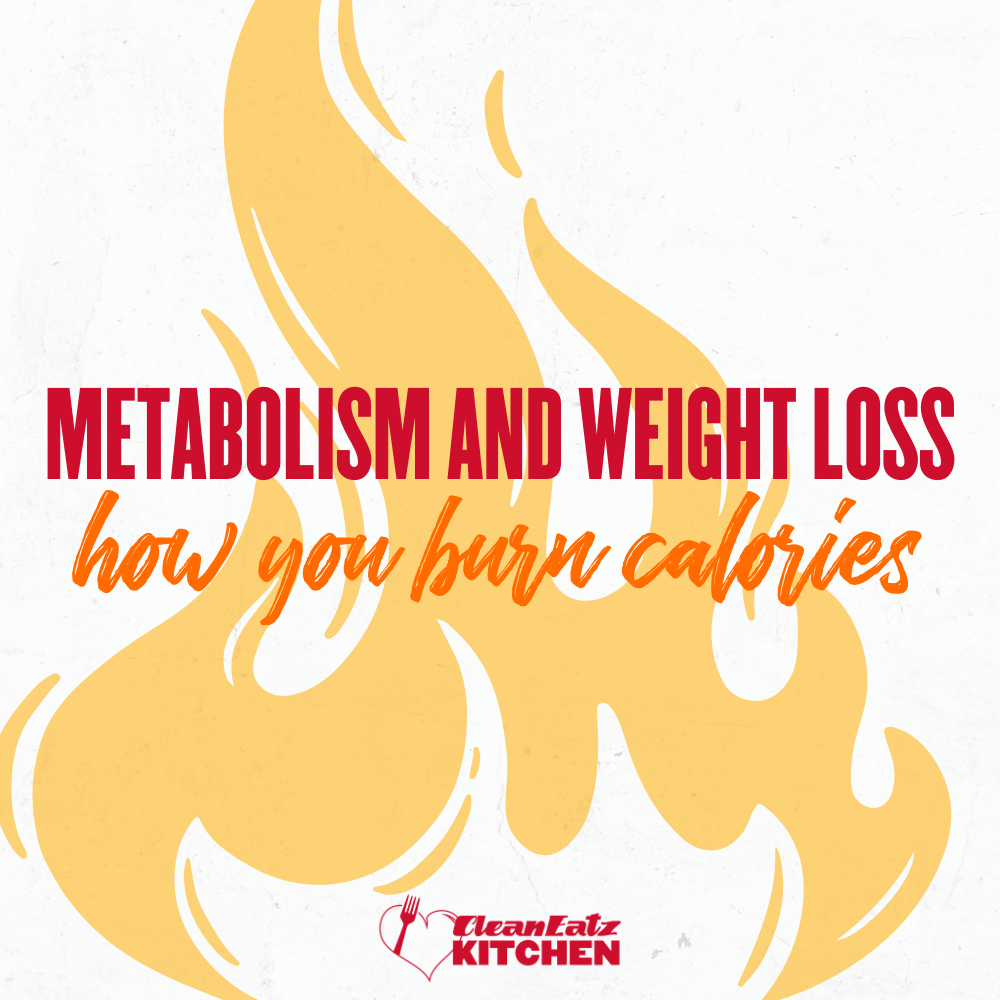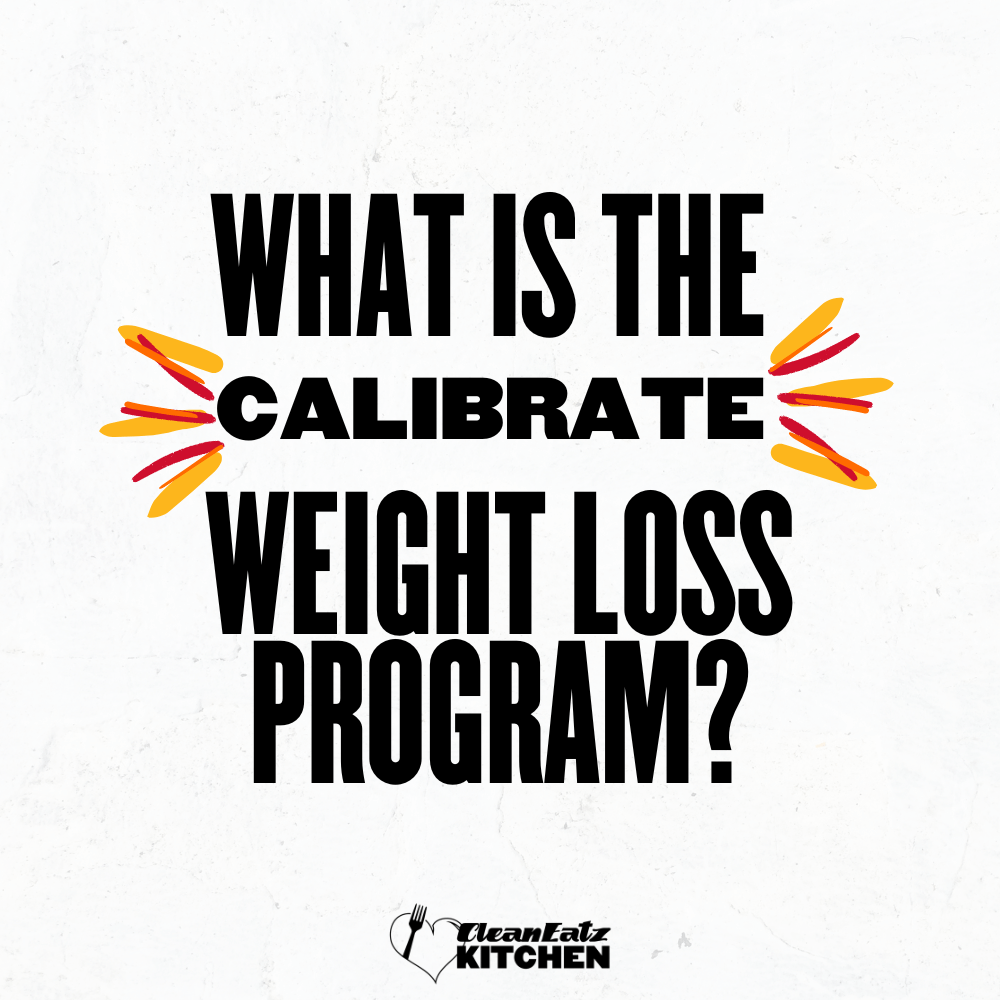
Metabolism and Weight Loss: How You Burn Calories?
Jason Nista
Nutrition
|
Weight Loss
|
Healthy Lifestyle
6 minute read
Metabolism is the process by which your body converts the food you eat into energy. What do you know about the connection between metabolism and weight loss? It plays a crucial role in weight loss, as it determines how many calories your body burns and how efficiently it uses those calories.
In this article, we shall look at the following points:
- Factors that affect metabolism
- The connection between metabolism and weight loss
- How to speed up metabolism for weight loss
Factors that Affect Metabolism
Several factors can have an impact on an individual's metabolism. Understanding and addressing these factors can help individuals make informed choices to optimize their metabolism and weight loss.
Here are some of the most common factors affecting metabolism:
Genetics
Your genetics play a significant role in your metabolism, as they dictate the rate at which your body burns calories. Some people may naturally have a faster metabolism, which means they can eat more and not gain weight as easily. On the other hand, others may have a slower metabolism, making it more challenging for them to lose weight.
Body Composition
Your body composition, the ratio of fat to lean mass, can also affect your metabolism. The more muscle mass you have, the faster your metabolism is likely to be. This is because muscle tissue requires more energy to maintain than fat tissue, resulting in higher energy needs.
Age
Metabolism can vary with age. Normally, as you get older, your metabolism naturally slows down. This is because your body's muscle mass tends to decrease and fat mass tends to increase with age. This shift in body composition can lead to a slower metabolism, hence a reduced basal metabolic rate.
Gender
Men generally have a higher metabolism than women due to differences in muscle mass, hormone levels, and body size. This is why men tend to lose weight more quickly than women, on average.
Physical Activity Level
Your physical activity level is another factor that can impact your metabolism. The more active you are, the more calories you tend to burn, which can help boost your metabolism.
Thyroid Function
Your thyroid, a gland located in your neck, produces hormones that regulate your metabolism. If your thyroid is not functioning properly, it can lead to a slower metabolism and difficulty losing weight. The reverse can also happen where your thyroid becomes overactive and makes it hard to gain weight.
Stress
Stress can lead to hormonal changes in your body which can affect your metabolism. Chronic stress can lead to an increase in the hormone cortisol, which can cause weight gain and a slower metabolism.
How Metabolism Affects Weight Loss
Understanding the factors that affect metabolism is crucial for anyone on a weight loss journey. Your metabolism acts as a metabolic engine, dictating the rate at which your body burns calories and efficiently utilizes energy. It serves as a fundamental determinant of weight loss success, as individuals with a faster metabolism have the advantage of being able to consume more calories while still shedding pounds. On the other hand, those with a slower metabolism may need to be more cautious about their calorie intake in order to achieve desired results. Nevertheless, there is hope for everyone, as certain lifestyle changes can positively impact metabolism and take you closer to your weight loss goals.
How to Speed Up Metabolism For Weight Loss
While you cannot change certain factors that affect your metabolism, such as your genetics or age, there are several other ways you can boost your metabolism and increase the number of calories you burn:
-
Engage in regular physical activity: Being active can help boost your metabolism. Aim for at least 30 minutes of moderate-intensity exercise, such as brisk walking or cycling, for 3-5 days.
-
Build muscle mass: Muscle tissue requires more energy to maintain than fat tissue. Engaging in strength training and other activities that build muscle can help increase your metabolism.
-
Eat enough protein: Protein requires more energy to digest than carbohydrates or fat, so including protein-rich foods in your weight loss meal plan can help boost your metabolism.
-
Eat small, frequent meals: Eating smaller, more frequent meals throughout the day can help keep your metabolism revved up, as your body is constantly working to digest and metabolize the food you eat.
-
Stay hydrated: Drinking enough water can help keep your metabolism working efficiently. Aim for at least 8 cups of water per day.
Common Misconceptions about Metabolism and Weight Loss
Several common misconceptions about metabolism and weight loss may lead to frustration and a lack of progress. These misconceptions include:
-
You can change your metabolism: While you can boost your metabolism through lifestyle changes such as regular exercise and a balanced diet, you cannot change your genetics or age, which also play a role in your metabolism.
-
Skipping meals boosts metabolism: Skipping meals can actually slow down your metabolism, as your body goes into "starvation mode" and begins to conserve energy. It is important to eat regularly to keep your metabolism working efficiently.
-
Certain foods or supplements can boost metabolism: While some foods, such as protein and water, can help support a healthy metabolism, no magic pill or supplement can significantly increase your metabolism.
Final Thoughts
Metabolism plays a big role in weight loss, but it is only one of several factors that can influence your weight. A healthy lifestyle, including a balanced diet and regular physical activity, is key to managing your metabolism and achieving weight loss goals. It is important to be mindful of common misconceptions about metabolism and weight loss, as these can lead to frustration and a lack of progress.
FAQ
How does metabolism affect weight loss?
Metabolism controls how the body burns food to produce energy. A higher metabolism leads the body to burn more calories which can lead to weight loss.
How to speed up my metabolism for weight loss?
You can speed up your metabolism in various ways including exercise, drinking plenty of water, consuming foods high in protein, and consuming small frequent meals.
Does faster metabolism mean losing weight?
Yes, if you increase your metabolism you can lose weight. However, weight loss is a balance between energy consumed and that used by the body, therefore, you have to create a calorie deficit to lose weight.
What are the signs of fast metabolism?
Signs of a fast metabolism include easy weight management, high energy levels, and frequent hunger due to increased calorie burning.
Related Articles
How Many Calories Should I Burn a Day Exercising?
11 minute read
What Is The Calibrate Weight Loss Program?
5 minute read



